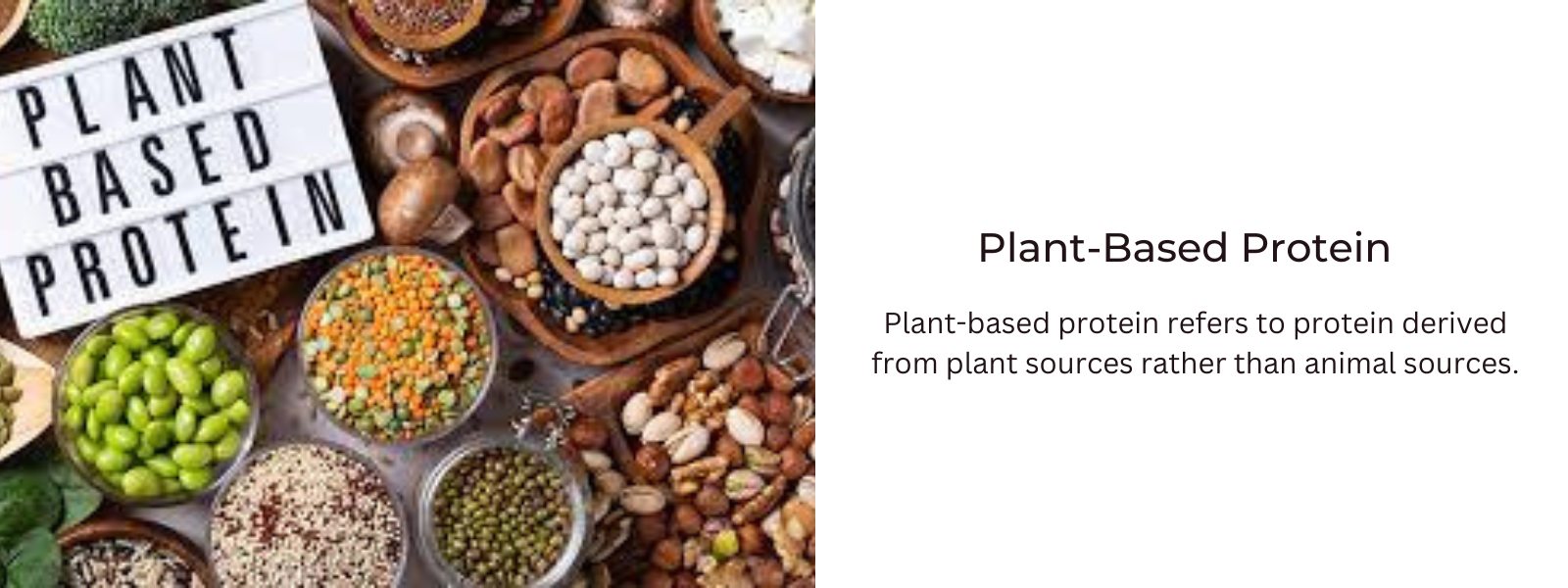"Mighty Minerals: Building Meals Around Essential Nutrients" underscores the critical role minerals play in sustaining overall health and vitality. From calcium for strong bones to magnesium for nerve function, potassium for heart health, and iron for oxygen transport, minerals are indispensable to our well-being. Constructing meals that are rich in essential minerals involves incorporating a diverse array of nutrient-dense foods into our diets. This includes leafy greens, nuts, seeds, whole grains, lean proteins, and colorful fruits and vegetables. By prioritizing whole, minimally processed ingredients and experimenting with various flavors and cooking methods, individuals can craft meals that not only satisfy their taste buds but also fulfill their body's mineral requirements.
Table of Contents
What Are Mighty Minerals?
Mighty minerals" refer to essential nutrients that the body requires in relatively small amounts to maintain optimal health and function. These minerals play crucial roles in various physiological processes, including bone health, nerve function, muscle contraction, fluid balance, and energy metabolism. Some of the most prominent mighty minerals include:
- Calcium: Essential for bone health, muscle function, and nerve transmission.
- Magnesium: Involved in hundreds of enzymatic reactions in the body, including energy production, muscle function, and DNA synthesis.
- Potassium: Helps maintain fluid balance, regulate blood pressure, and support muscle and nerve function.
- Sodium: Critical for maintaining fluid balance, nerve transmission, and muscle function.
- Iron: Necessary for oxygen transport in the blood and energy metabolism.
- Zinc: Supports immune function, wound healing, and DNA synthesis.
- Selenium: Acts as an antioxidant, supports thyroid function, and helps protect against oxidative stress.
- Phosphorus: Important for bone health, energy metabolism, and DNA synthesis.
- Iodine: Essential for thyroid hormone production and regulation of metabolic rate.
How Can You Build Meals Around Essential Nutrients?
Building meals around essential nutrients involves thoughtful planning and incorporating a variety of nutrient-dense foods into your diet. Here's how you can do it:
- Identify Essential Nutrients: Start by identifying the essential nutrients your body needs, such as vitamins, minerals, protein, healthy fats, and carbohydrates.
- Incorporate a Variety of Foods: Aim to include a diverse range of nutrient-dense foods in each meal. This includes fruits, vegetables, whole grains, lean proteins, nuts, seeds, and legumes. Each food group provides different essential nutrients, so variety is key.
- Focus on Whole Foods: Choose whole, minimally processed foods whenever possible. These foods are typically richer in nutrients and have fewer added sugars, unhealthy fats, and artificial additives.
- Prioritize Color and Variety: Aim to include a rainbow of colors on your plate. Different colored fruits and vegetables contain different vitamins, minerals, and antioxidants, so including a variety ensures you're getting a wide range of nutrients.
- Balance Macronutrients: Make sure your meals contain a balance of carbohydrates, protein, and healthy fats. Carbohydrates provide energy, protein supports muscle growth and repair, and healthy fats are essential for brain health and hormone regulation.
- Plan Ahead: Take time to plan your meals and snacks for the week. This allows you to ensure you're getting a variety of nutrients and prevents last-minute unhealthy food choices.
- Experiment with Flavors and Cooking Methods: Don't be afraid to experiment with different flavors and cooking methods to keep meals interesting and enjoyable. Try roasting, grilling, steaming, sautéing, or raw preparations to add variety to your meals.
- Include Nutrient-Rich Snacks: Incorporate nutrient-rich snacks such as fruits, vegetables with hummus, Greek yogurt, nuts, or seeds to help meet your daily nutrient needs between meals.
- Stay Hydrated: Remember to drink plenty of water throughout the day. Staying hydrated is essential for overall health and helps your body absorb nutrients more effectively.
By following these guidelines and making mindful choices about the foods you eat, you can build meals that are rich in essential nutrients and support your overall health and well-being.
Benefits Of Essential Nutrients:
Essential nutrients are crucial for maintaining overall health and well-being. Here are some benefits of essential nutrients:
- Supporting Growth and Development: Essential nutrients provide the building blocks necessary for proper growth and development, especially in children, adolescents, and pregnant women. Nutrients like protein, calcium, and vitamin D are essential for bone health and growth, while others like iron and zinc are crucial for cognitive development and immune function.
- Maintaining Optimal Health: Essential nutrients play vital roles in various physiological processes, including metabolism, energy production, hormone regulation, and cell function. They help ensure that all organs and systems in the body function properly and efficiently.
- Promoting Immune Function: Many essential nutrients, such as vitamins A, C, D, and E, as well as zinc and selenium, play important roles in supporting immune function. They help strengthen the body's natural defenses against infections and illnesses by supporting the production and activity of immune cells and antibodies.
- Supporting Brain Health and Cognitive Function: Certain nutrients, such as omega-3 fatty acids, B vitamins, and antioxidants, are important for brain health and cognitive function. They help support memory, concentration, and overall mental well-being, and may even reduce the risk of age-related cognitive decline and neurodegenerative diseases.
- Preventing Nutrient Deficiencies: Adequate intake of essential nutrients helps prevent nutrient deficiencies, which can lead to various health problems and symptoms. For example, deficiencies in iron can cause anemia, while deficiencies in vitamin D can lead to weakened bones and increased risk of fractures.
- Supporting Heart Health: Essential nutrients like omega-3 fatty acids, fiber, potassium, and magnesium are important for heart health. They help lower cholesterol levels, regulate blood pressure, reduce inflammation, and support overall cardiovascular function, thereby reducing the risk of heart disease and stroke.











Leave a comment